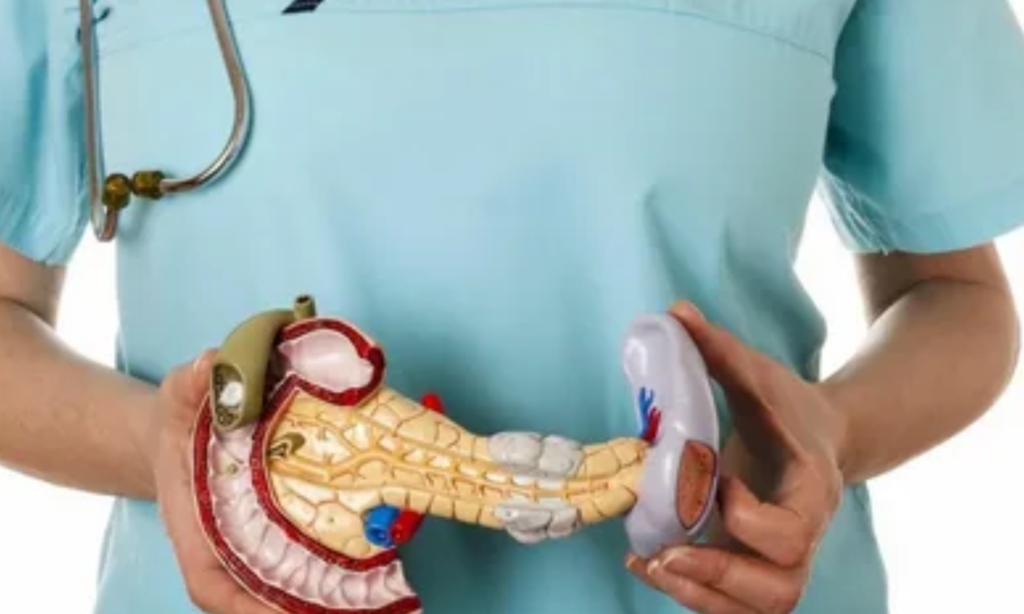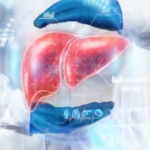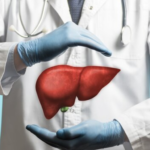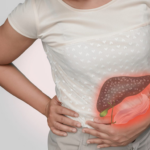
Pancreatitis is a medical condition characterized by inflammation of the pancreas, which is a crucial organ responsible for producing digestive enzymes and insulin. When the pancreas becomes inflamed, it can lead to severe abdominal pain, digestive issues, and potentially life-threatening complications. In this article, we’ll delve into the diverse treatment options accessible for pancreatitis, offering insights from a specialist in the field.
Understanding Pancreatitis
Before delving into treatment options, it’s essential to understand the two main types of pancreatitis:
- Acute Pancreatitis: This is a sudden onset of inflammation in the pancreas, often caused by gallstones, alcohol consumption, medications, or certain medical conditions. Acute pancreatitis necessitates prompt medical attention and can vary in severity from mild to severe.
- Chronic Pancreatitis: This is a long-term inflammation of the pancreas, leading to progressive damage and scarring of the pancreatic tissue. Chronic pancreatitis can result from repeated episodes of acute pancreatitis, excessive alcohol consumption, or underlying genetic factors.
Treatment Options for Pancreatitis
- Pain Management: One of the primary goals of pancreatitis treatment is to alleviate pain. Mild cases may be managed with over-the-counter pain relievers, while severe pain often requires prescription medications such as opioids or nonsteroidal anti-inflammatory drugs (NSAIDs). In some cases, nerve blocks or acupuncture may be considered for pain relief.
- Fluid and Electrolyte Balance: During acute pancreatitis episodes, patients may experience dehydration and electrolyte imbalances due to vomiting and reduced oral intake. Intravenous fluids and electrolyte supplementation are crucial for maintaining hydration and preventing complications.
- Nutritional Support: Proper nutrition plays a vital role in pancreatitis management. Patients may require a temporary period of fasting followed by a gradual reintroduction of clear liquids and then solid foods. In severe cases or during flare-ups, a feeding tube or total parenteral nutrition (TPN) may be necessary to ensure adequate nutrition.
- Medication Management: Depending on the underlying cause of pancreatitis, medications may be prescribed to address specific issues. For example, antibiotics may be used to treat infections associated with pancreatitis, while pancreatic enzyme supplements can aid in digestion for patients with chronic pancreatitis.
- Lifestyle Modifications: Lifestyle factors such as alcohol consumption and smoking can exacerbate pancreatitis or contribute to its development. Specialists often emphasize the importance of quitting smoking, limiting alcohol intake, maintaining a healthy weight, and following a balanced diet rich in fruits, vegetables, and whole grains.
- Endoscopic Interventions: In some cases, endoscopic procedures may be performed to treat complications of pancreatitis, such as gallstone removal (endoscopic retrograde cholangiopancreatography or ERCP) or drainage of pancreatic fluid collections.
- Surgical Options: Severe cases of pancreatitis that do not respond to conservative treatments may require surgical interventions. Surgical procedures may include pancreatic necrosectomy (removal of dead pancreatic tissue), pancreaticoduodenectomy (Whipple procedure), or pancreatic cyst drainage.
- Pain Management Techniques: Specialists may utilize additional pain management techniques such as nerve blocks, radiofrequency ablation, or spinal cord stimulation for patients with chronic or persistent pain associated with pancreatitis.
- Psychological Support: Pancreatitis can have a significant impact on a patient’s mental and emotional well-being. Specialists may recommend counseling, support groups, or mindfulness-based practices to help patients cope with the challenges of living with pancreatitis.
Insights from Dr. Prasad Bhate, the Best Gastroenterologist in Banner, Pune
Dr. Prasad Bhate, a highly experienced gastroenterologist based in Banner, Pune, specializes in the diagnosis and treatment of pancreatitis. Centered on prioritizing patient care and utilizing evidence-based practices, Dr. Bhate offers comprehensive treatment options tailored to each patient’s unique needs. His expertise in gastroenterology and commitment to excellence make him the best choice for individuals seeking effective pancreatitis management.
Summary
Pancreatitis treatment encompasses a range of options, including pain management, fluid and electrolyte balance, nutritional support, medication management, lifestyle modifications, endoscopic interventions, surgical procedures, pain management techniques, and psychological support. Dr. Prasad Bhate, located in Banner, Pune, is renowned as the best gastroenterologist, offering exceptional care and expertise in pancreatitis management. Visit his clinic for personalized treatment plans and optimal outcomes in pancreatitis care.




